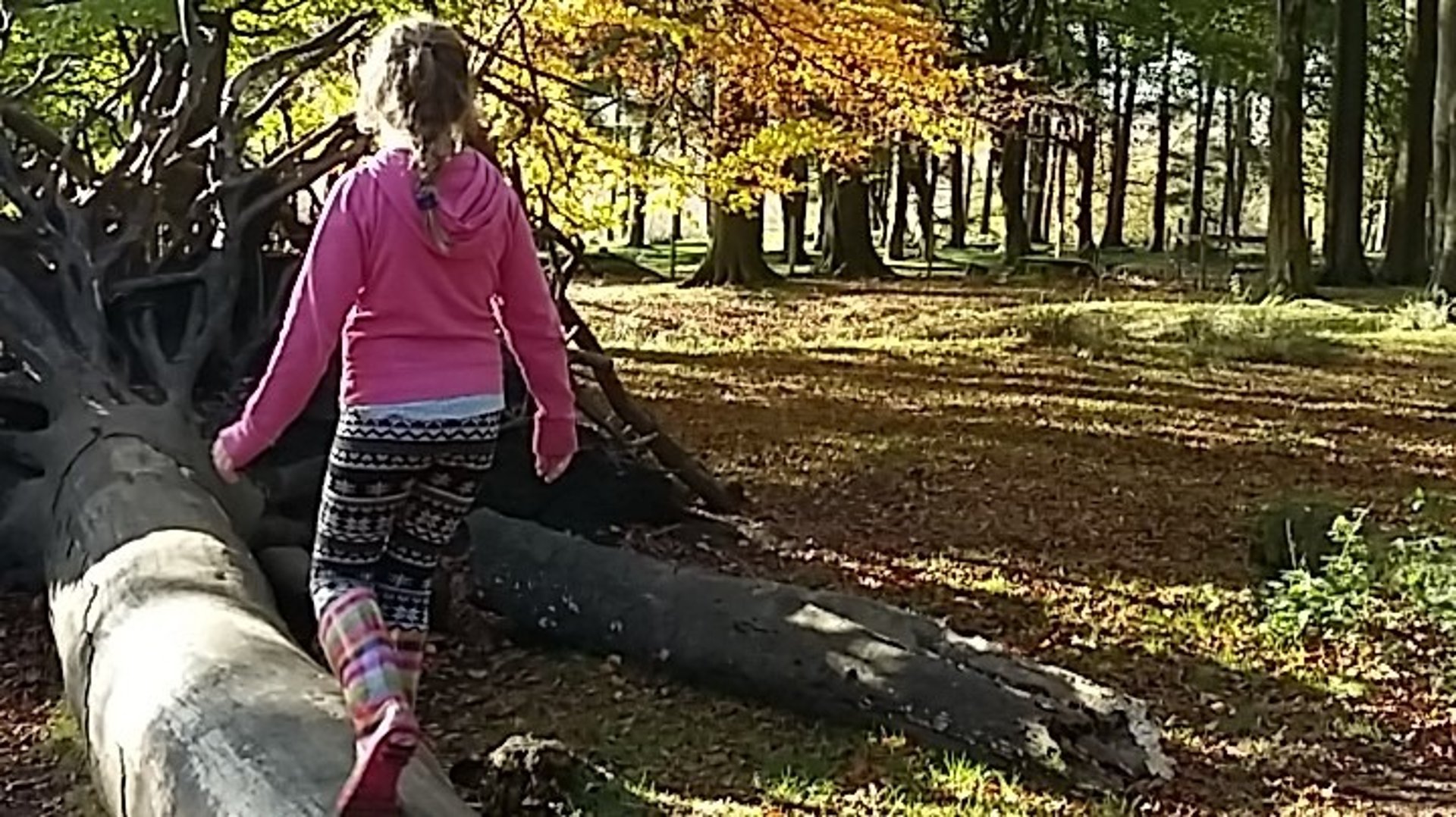
Natural Play


Woodland play, provided by nature
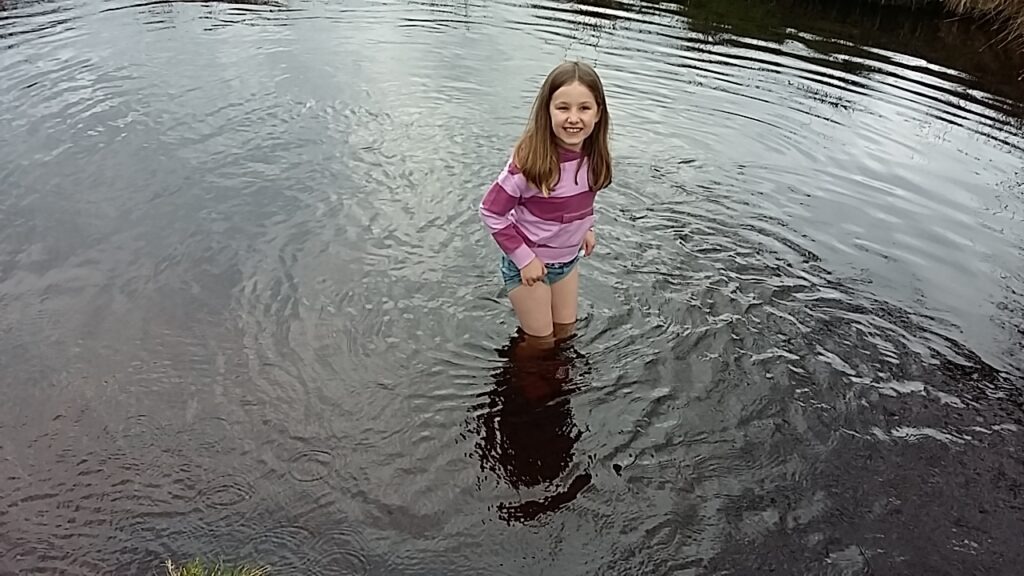

Experience the joy of cold water!
Kids running wild with muddy knees. Whoops of excitement float on the breeze. Eyes bright, wide grins, dirt under fingernails. The signs of a good day out. Shouldn’t every child have the chance to run wild and free?
So many children grow up without access to nature and this can cause real damage to their health. Richard Louv invented the phrase ‘Nature Deficit Disorder’. It’s not a registered medical condition, but we can all guess what it means, right?
It means that growing up without access to nature can cause mental, emotional and behavioural difficulties. Not to mention the danger of lack of physical activity. An increased use of technology and greater fear of risks count as some of the reasons why children aren’t running wild as much as they once did. There’s increased traffic and new building projects which are not often focused on incorporating green spaces. Look at your nearest new housing development. Where are the trees, hedges, ponds, shrubs? Most of them have been cleared in order to squeeze in another house.
Nature is powerful. It has a massive impact on our wellbeing. Think about the times when you feel calm and free, and the places you go to get that. Now imagine you live somewhere with no access to grass or trees- the simplest of things, which many of us take for granted. National Parks were created to help fill that gap. Here in the Peak District National Park we are surrounded by urban conurbations and all of those city residents need their moments of calm too! The kids need to get muddy knees running wild and experience that freedom.
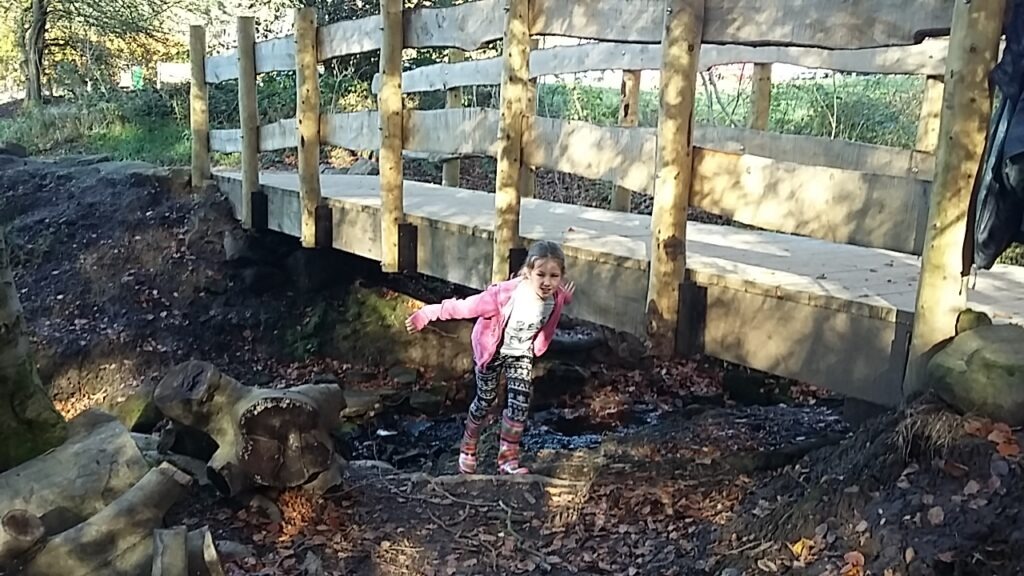

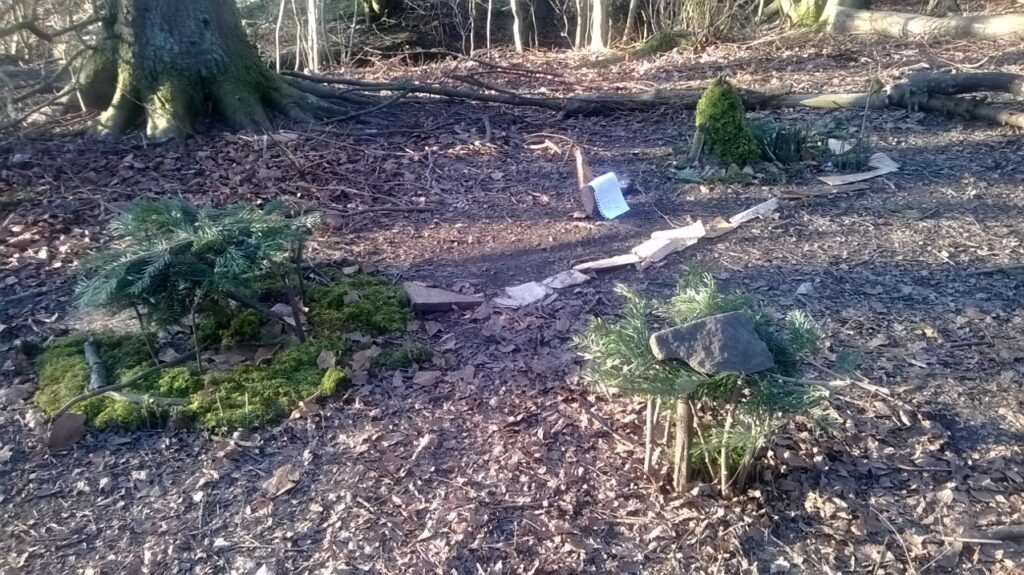

Why use a bridge when you can squelch through the mud?
A miniature magical world created by families
It’s good for our health. And it’s good for the health of nature too. After all, as David Attenborough says:
I was lucky to work at Longshaw in the Peak District for the National Trust. It’s right on the edge of the National Park, about 7 miles from Sheffield. A great place to get out of the city and run free in the woods and hills. But we’d noticed that we didn’t see many families on a regular basis- they tended to turn up for a family-focused event if the sun was shining and with a fair wind. Other than that, a handful of more confident, adventurous families had the place to themselves.
The beauty of places like Longshaw should be available to all children and families. So we had a question to answer.
'No one will protect what they don’t care about, and no one will care about what they have not experienced'.
- David Attenborough.
Question: How do we encourage more families to come to Longshaw on a regular basis?
Answer: Create something for families to do, all year round and make it fun. This is not about education.
I wrote a strategy for natural play to give some direction and guidance for the work. Natural play became part of the countryside setting. It was never going to be a wooden-built substitute playground. The interventions encouraged children to wander off the well-trodden footpaths and explore behind the trees, inside the tangled rhododendron and into unknown places. To take risks, to be physically active, to use their imaginations and to be curious.
Natural play trails were installed at Longshaw and Ilam Park and have since become a staple part of every family’s visit.
Work has developed on nature connections and the benefits it brings. The Nature Connectedness Research Group at Derby University led by Professor Miles Richardson has established that whilst having contact with nature and visiting green spaces is good for our wellbeing, nature connectedness is something much deeper and can have a positive impact on feelings of self-worth and our pro-environmental behaviours. Nature Connectedness- that’s for another post!
Its great to see this kind of work at Longshaw. Wouldn’t it be even better if we could see this happening in our local parks, around city centre playgrounds and as part of new developments? Planning for nature would make such a difference to our health, to our children’s health and to the health of the environment. If we could all experience the joy of being in nature, wouldn’t we all care about protecting it too?
In the meantime, get out into nature where you can, run wild and free. Make sure you come back just a little bit muddy. It’s the sign of a good time.
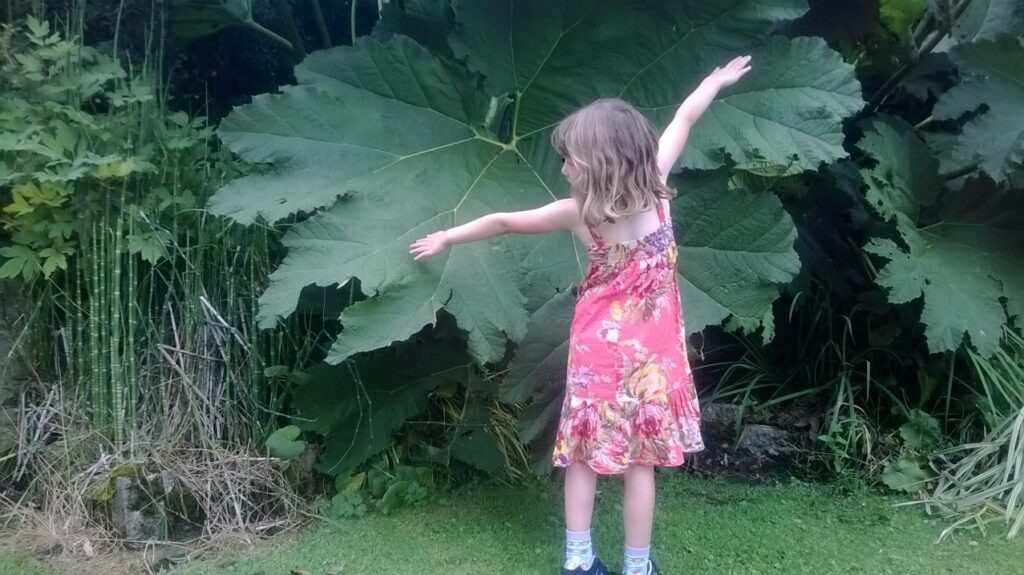

The biggest leaf in the park
1 comment

Clare Lardner
February 24, 2021 at 2:40 am
Well said Helen!
